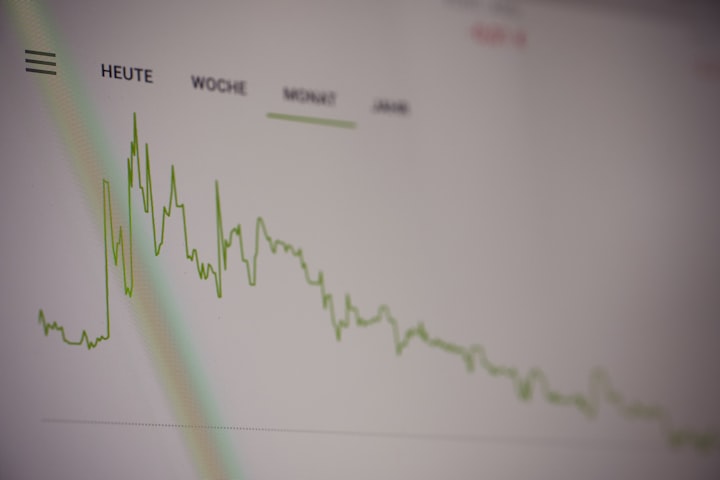
Are our banks ready for the digital age?
Recent events suggest that the answer may be a resounding no. Take the example of Credit Suisse, a banking titan for over 170 years, whose assets were worth a staggering US$1.4 trillion.
Yet, in the blink of an eye, the bank was sold for a paltry US$3.3 billion, representing a 90% loss of its value within just one year. Sadly, Credit Suisse was not the only bank too big to fail, as Silver Gate, Signature, and Silicon Valley Banks collapsed in what can only be described as "March mayhem."
So, what led to these catastrophic failures?
Firstly, there was a run on the banks by customers who were anxious to remove their funds due to their deposits being over the US$250,000 FDIC limit. Secondly, the banks invested heavily in longer-term securities, whose values decreased significantly with the rapid increase of interest rates by the US Federal Reserve. Thirdly, the direct impact of digital technologies made it easier for customers to make real-time financial transfers, leading to a loss of confidence in banks. Fourthly, social media platforms are crucial in disseminating information and creating viral anxiety reactions.
The case of Silicon Valley Bank is particularly alarming. The bank disclosed that it had sold securities worth US$21 billion at a loss of about US$1.8 billion and urgently needed to raise US$2.25 billion to meet clients' withdrawal needs and fund new lending. This announcement sent real-time shock waves throughout the financial markets via reports from traditional and digital media. As a result, stock values in Silicon Valley fell by 60% within one day, resulting in a global decline in bank share prices of more than US$80 billion. The FDIC had to step in urgently, guarantee all depositors contained their panic, and stop that bleeding.
This action could cost the FDIC more than US $ 23 billion, which would be passed on to other banks through higher fees or American taxpayers. It's clear that in our modern financial world when someone deposits money into a bank, the bank has to invest 88-92% greater return than what they give customers in deposits elsewhere. So, the bank would have to sell its holdings to raise the money to return to its clients if there was an immediate need for cash.
With bank transfers, only a cellphone click away into US bank accounts by depositors, The fear brought on by digital technology can significantly impact the foundations of our financial system, and it is crucial to be aware of this to prevent potential harm.
One of the ways fear can affect the financial system is by causing people to lose trust in it. Individuals who fear using digital technology for financial transactions may refrain from using digital banking services, mobile payments, or other online financial tools. This reluctance can harm the financial industry's growth and limit the potential for digital financial inclusion.
Moreover, fear can also lead to a need for more adoption of new financial technologies, which may reduce innovation and progress in the industry. When people hesitate to use new technology, businesses may hesitate to invest in developing and implementing new financial products and services, thereby stalling technological advancements.
Additionally, fear can make individuals more susceptible to financial scams and fraud, as they may be more willing to trust traditional financial institutions over digital ones. This can lead to a lack of confidence in the overall financial system and may lead to significant financial losses.
To prevent the harm that fear can cause to the foundations of our financial system, it is essential to educate individuals on the benefits and security of digital financial tools. Encouraging secure digital payment methods, providing user-friendly interfaces, and enhancing security measures can help build trust in digital technology. Additionally, financial institutions can take proactive steps to prevent financial scams and fraud, such as implementing robust security protocols and educating customers on how to protect themselves.
Awareness of the potential harm caused by fear of digital technology in finance is necessary. By promoting financial education, enhancing security measures, and encouraging innovation, we can help build trust in digital technology and ensure a solid and stable financial system for the future.
The US bank crashes have shown that no entity No organization is too large to fail, as the American bank disasters demonstrated, and the speed with which they might implode is terrifying. Social media and digital technology are prevalent in our world. And the impact of these cannot be underestimated.
It's time for banks to take a hard look at their investment strategies and risk management practices to ensure they are prepared for the digital age.






Comments
There are no comments for this story
Be the first to respond and start the conversation.